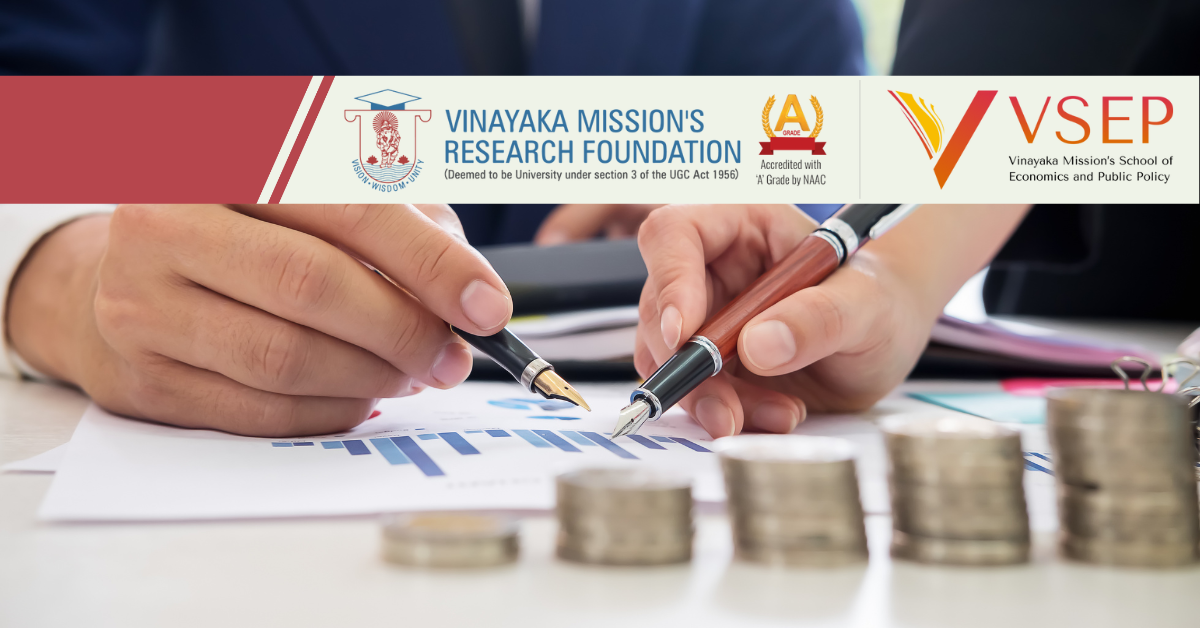Role of Economics Schools in Shaping Public Policy and Economic Development
In today’s rapidly evolving world, economics schools play a crucial role in shaping public policy and driving economic development. As global challenges such as poverty, inequality, environmental sustainability, and healthcare become more pressing, there is a growing need for well-equipped, knowledgeable professionals to guide policymakers. Economics schools, with their interdisciplinary approach, are uniquely positioned to provide students with the tools and insights needed to navigate these complexities and contribute meaningfully to public policy and economic development.
Understanding the Link Between Economics and Public Policy
Economics and public policy are closely interrelated. Public policy—the formulation and implementation of government measures to address societal issues—relies heavily on the theoretical frameworks and analytical tools provided by economics. Economics schools help students understand how markets function, how resources are distributed, and how governmental interventions can improve or hinder societal welfare.
Through studying economics, students gain a comprehensive perspective on societal problems. This includes understanding the root causes, potential solutions, and associated trade-offs. Economics schools provide the foundation to develop and analyze policies that address critical issues such as poverty, inequality, healthcare, education, and environmental sustainability.
The Role of Economics Schools in Shaping Public Policy
1. Training Future Policymakers
Economics schools are essential in preparing students to become future policymakers. Through rigorous academic programs, students learn to think analytically, apply data analysis, and evaluate the effectiveness of various policy options. This equips them to develop well-informed, impactful policies that address complex social, political, and economic challenges.
2. Promoting Evidence-Based Policy
A key feature of economics education is the emphasis on evidence-based decision-making. Economics schools teach students how to analyze economic data, model complex systems, and forecast the effects of potential policies. This is crucial for developing public policies that are grounded in empirical evidence and can effectively address the problems at hand.
3. Addressing Societal Issues
Economics schools provide students with the tools needed to tackle pressing global challenges. Specializations such as Health Economics, Environmental Economics, and Development Economics help students focus on specific areas where economic theory can be applied to improve societal well-being. These fields explore issues such as the economics of healthcare, the environmental impact of policy decisions, and strategies for reducing poverty and inequality.
4. Transdisciplinary Approach to Policy
The world is increasingly interconnected, and problems are no longer confined to one discipline. Global issues like the rise of artificial intelligence, the shifting healthcare landscape, and labor market transformations require multidisciplinary solutions. Economics schools, especially those offering programs in Health Economics and Data Analytics, prepare students with a holistic understanding of the complexities surrounding public policy. This interdisciplinary approach allows students to incorporate insights from fields such as mathematics, psychology, and political science into their analysis of economic issues.
Specializations for Addressing Key Global Challenges
Health Economics
The healthcare sector is grappling with challenges like rising costs, an aging population, and shortages of healthcare workers. Economics schools offer specialized programs in Health Economics, which combine economic theories with healthcare systems to optimize resource allocation. Health economists help develop evidence-based strategies to ensure that resources are allocated efficiently across patient groups and support policies that improve healthcare delivery and accessibility.
Data Analytics
In the era of big data, the ability to analyze and interpret large datasets is invaluable. Economics schools increasingly offer Data Analytics programs, equipping students with skills in data analysis, machine learning, and statistical modeling. Graduates with expertise in data analytics can apply their knowledge to a variety of industries, including public policy, finance, and market research, to make informed decisions based on data-driven insights.
Programme Offered: B.Sc. Economics (Honours with Research)
At the heart of preparing the next generation of policymakers and economic leaders is the B.Sc. Economics (Honours with Research) program. This four-year undergraduate degree offers a robust curriculum that blends theoretical economics with modern analytical tools and research skills. With a limited intake of 30 students, the program ensures personalized attention and a high-quality learning experience.
Programme Features
| Feature | Details |
| Duration | 3 or 4 years |
| Max Students | 30 students |
| Minors Offered | Health Economics, Data Analytics |
| Admission Criteria | Based on marks obtained in the qualifying examination (10+2) and merit-based counseling by the Admission Monitoring Committee (AMC) |
| Eligibility | 60% for General, 55% for OBC, 50% for SC/ST/PWD students in 10+2 or equivalent examination |
Admission Procedure
Admissions are based on merit, which is determined by the marks obtained in the qualifying examination. After the merit list is prepared, candidates undergo a counseling session conducted by the Admission Monitoring Committee (AMC) of VMRF-DU. Eligibility criteria are set by the university and are subject to change based on university guidelines.
Specializations in the Program
Health Economics
This specialization focuses on the economic aspects of healthcare systems, exploring topics such as resource allocation, healthcare trends, and the financial implications of healthcare policies. Students will learn to develop evidence-based strategies to optimize healthcare delivery and accessibility, ensuring that healthcare systems can meet the needs of diverse populations.
Data Analytics
The Data Analytics specialization equips students with essential skills in data analysis, including regression analysis, machine learning, and statistical modeling. This specialization prepares students for careers in data science, where they can apply these skills to analyze economic trends, make informed decisions, and influence public policy.
FAQs
1. What is the duration of the B.Sc. Economics (Honours with Research) program?
The B.Sc. Economics (Honours with Research) program lasts for 4 years.
2. What specializations are offered in the Economics program?
The program offers two minors: Health Economics and Data Analytics.
3. What are the eligibility criteria for the B.Sc. Economics program?
Candidates must have completed their 10+2 or equivalent examination with 60% marks for General Category, 55% for OBC, and 50% for SC/ST/PWD categories.
4. How are admissions conducted?
Admissions are based on the marks obtained in the qualifying examination, followed by merit-based counseling conducted by the Admission Monitoring Committee (AMC).
5. What skills will I gain in the Health Economics specialization?
You will gain expertise in analyzing healthcare systems, understanding the financial implications of health policies, and optimizing resource allocation in healthcare.
6. What career opportunities are available after completing the B.Sc. Economics (Honours with Research)?
Graduates can pursue careers in finance, government, NGOs, consulting, or data science, with a focus on public policy, economic research, or health economics.
7. Can I pursue higher studies after completing the B.Sc. Economics program?
Yes, students can pursue a Master’s degree in economics, public policy, finance, or related fields at top universities.
8. Are there scholarships or financial aid available for this program?
Students are encouraged to check with the university’s financial aid office for scholarship opportunities and financial support programs.
Conclusion
Economics schools are instrumental in shaping public policy and fostering economic development. Through specialized programs such as Health Economics and Data Analytics, these institutions equip students with the knowledge, analytical skills, and interdisciplinary understanding necessary to address today’s most pressing challenges. By combining theory with research-focused learning, economics schools empower future leaders to contribute meaningfully to public policy and drive sustainable economic growth across the globe. The B.Sc. Economics (Honours with Research) program offers an exceptional learning opportunity for those eager to make a real-world impact on economic policy and development.
![]()





